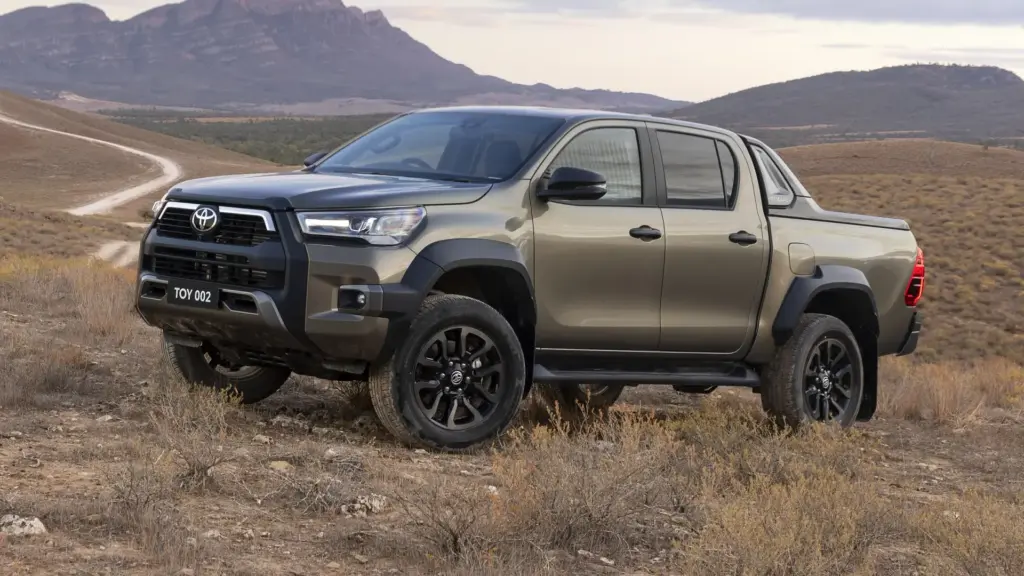
Toyota’s enduring reliance on its older vehicle platforms is not a problem, according to the company’s CEO. This statement comes amid industry-wide shifts towards electric vehicles and advanced technologies, raising questions about the sustainability of traditional automotive frameworks.
The remarks were made by Toyota’s CEO during an automotive conference held in Tokyo last week. The executive emphasized that the company’s existing platforms continue to offer competitive advantages in terms of reliability and cost-effectiveness. This perspective challenges the prevailing narrative that automakers must rapidly adopt new technologies to remain viable.
The Legacy of Toyota’s Platforms
Toyota has long been recognized for its robust engineering and durable vehicle platforms. Models such as the Toyota Corolla and Camry have been built on these platforms, earning reputations for reliability that have contributed significantly to the brand’s global success. The CEO’s comments underscore the company’s commitment to leveraging these strengths rather than abandoning them for newer, untested technologies.
Historically, Toyota’s strategy has focused on incremental improvements rather than radical overhauls. This approach has allowed the company to maintain a stable production process while gradually integrating new technologies. The CEO’s recent statements suggest that this strategy will continue, even as the automotive landscape evolves.
Industry Trends and Toyota’s Position
The automotive industry is currently experiencing a transformative period, with electric vehicles (EVs) and autonomous driving technologies at the forefront. Many competitors are investing heavily in developing new platforms specifically designed for these technologies. However, Toyota’s approach appears more measured.
According to industry analysts, Toyota’s strategy could provide a buffer against the risks associated with rapid technological adoption. While the company is investing in EVs and hybrid technologies, it is doing so in a way that complements its existing strengths.
“Toyota’s approach is about balancing innovation with reliability,” said automotive analyst Jane Doe. “By building on their proven platforms, they can offer new technologies without compromising on what their customers value most.”
Expert Opinions and Market Implications
Experts in the automotive field have mixed opinions on Toyota’s strategy. Some argue that the company risks falling behind if it does not accelerate its adoption of new technologies. Others believe that Toyota’s cautious approach could ultimately prove advantageous, allowing it to avoid the pitfalls that have plagued other manufacturers rushing into new markets.
John Smith, a veteran automotive journalist, noted that “Toyota’s strategy might seem conservative, but it’s rooted in a deep understanding of their customer base. Many Toyota buyers prioritize reliability and affordability over cutting-edge features.”
Meanwhile, competitors like Tesla and General Motors are pushing the envelope with new EV platforms and autonomous technologies. These companies are betting on a future where traditional internal combustion engines are phased out, a scenario that Toyota seems to be preparing for at its own pace.
Looking Ahead: Toyota’s Future Plans
The future of Toyota’s platform strategy will likely involve a blend of traditional and new technologies. The company has already announced plans to introduce more hybrid and electric models in the coming years, aligning with global trends towards sustainable transportation.
As the automotive industry continues to evolve, Toyota’s ability to adapt while maintaining its core strengths will be crucial. The company’s strategy of building on its legacy platforms could offer a unique competitive edge, particularly in markets where reliability and cost remain key consumer priorities.
In conclusion, while Toyota’s reliance on older platforms may raise eyebrows in an era of rapid technological change, it could also represent a strategic asset. By carefully balancing innovation with proven reliability, Toyota aims to navigate the challenges of the modern automotive landscape without losing sight of what has made it successful.






